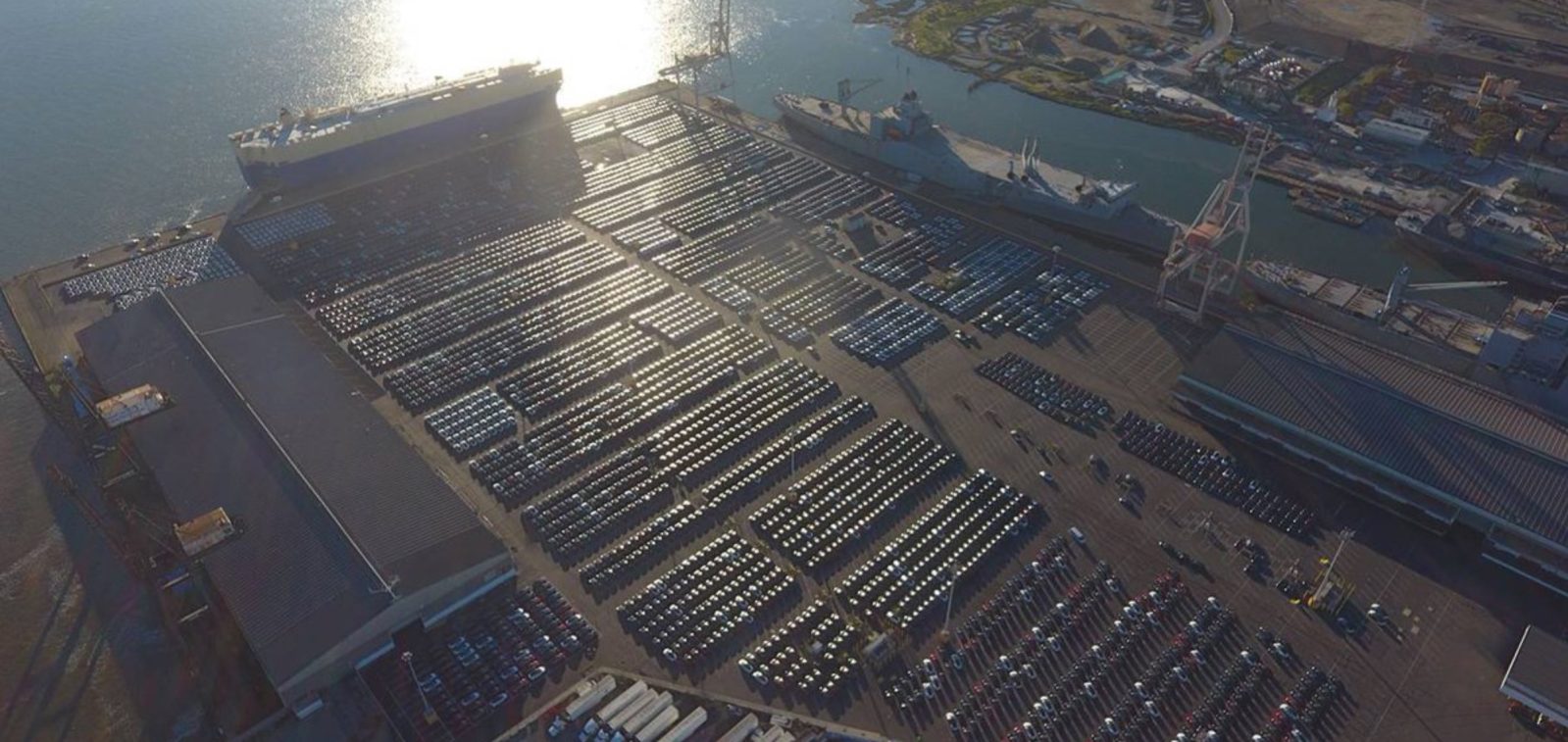
Tesla will shut down its Berlin gigafactory for about two weeks, from January 29 to February 11, due to a lack of components as a result of a Red Sea blockade, according to Reuters.
The Red Sea is home to important shipping lanes, particularly between Asia and the Mediterranean through the Suez Canal in Egypt. The Canal transports about an eighth of global trade and a third of global container traffic, and is particularly important for shipping between Asia and the Mediterranean.
We’ve heard about Red Sea supply disruptions before, but these are different than those we’ve experienced in the past. In the years around 2010, piracy was a big issue off the Eastern coast of Africa and in the Gulf of Aden, particularly around Somalia, escalating during the Somali Civil War. But Somali piracy was largely “solved” by international cooperation and intervention, and is no longer currently a significant impact.
To reach the Red Sea, ships must travel through the Gulf of Aden and the Bab al-Mandeb Strait off the coast of Yemen.
But Yemen, one of the world’s poorest countries, has been going through a civil war for a decade now, with the Saudi- and US-backed Yemeni government fighting against an Iran-backed group called the Houthis. As a response to Israel’s attacks on Gaza, the Houthis have declared a blockade of the Bab al-Mandeb strait, stating their intention to attack commercial ships traveling into the Red Sea.
As a result, global shipping companies have rushed to reorganize their routes to avoid the Red Sea and Suez Canal. This means turning ships south to travel around the entirety of Africa, which is a much longer route than going through the Suez – adding thousands of miles and more than a week of additional travel time.
And so, Tesla will see significant delays in supply of vehicle parts to its Berlin factory. Without parts to build cars, this means that the company will shut down most car production starting at the end of this month while it waits a couple weeks for more vehicle parts to arrive.
Shipping companies have stated that these disruptions will likely continue for the foreseeable future, and have advised companies to examine how they manage inventory in the meantime. Other companies have announced similar manufacturing disruptions for the same reason.
